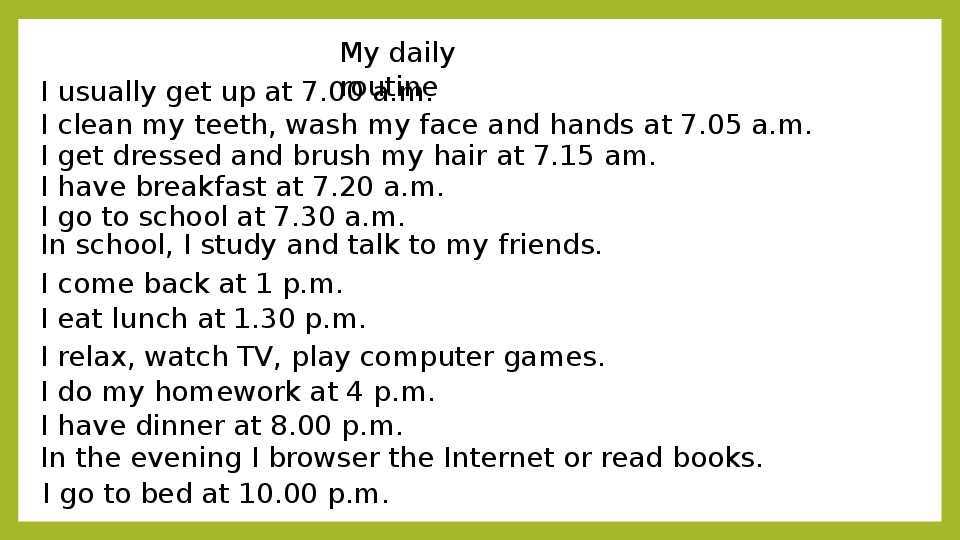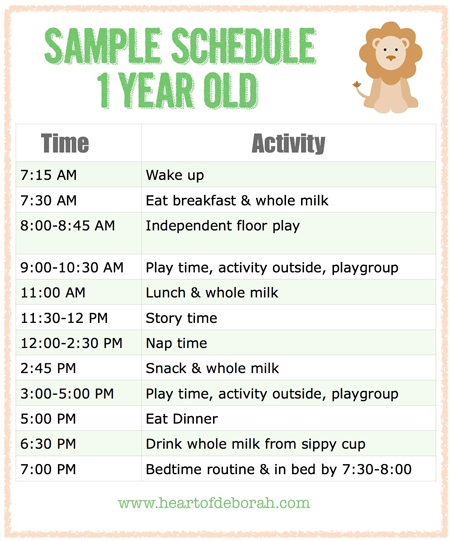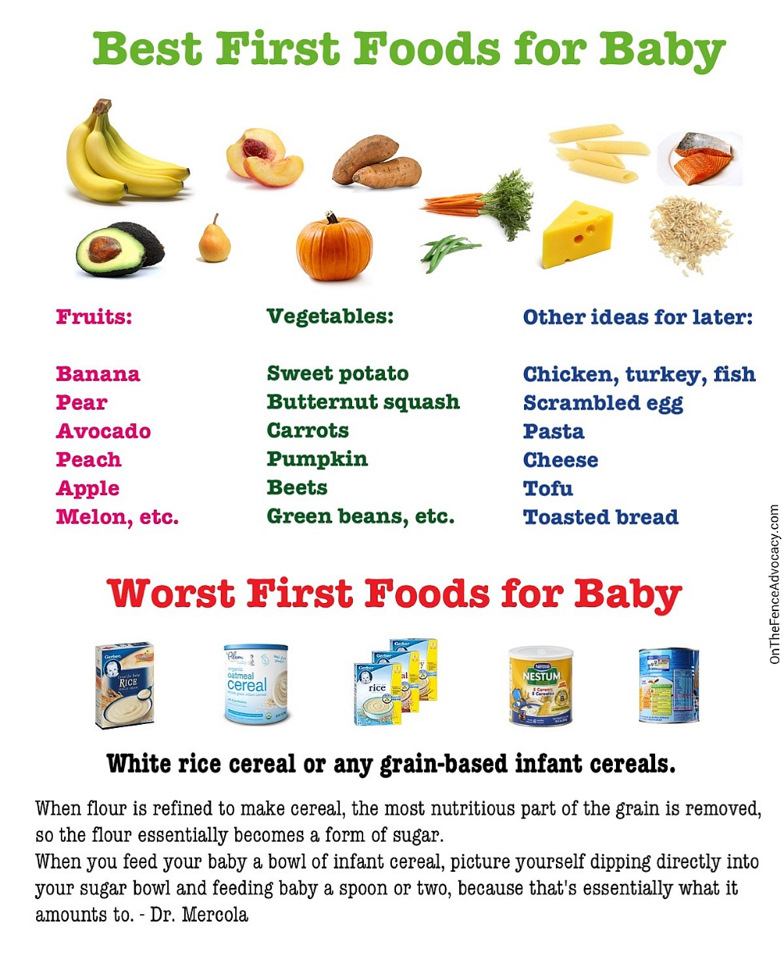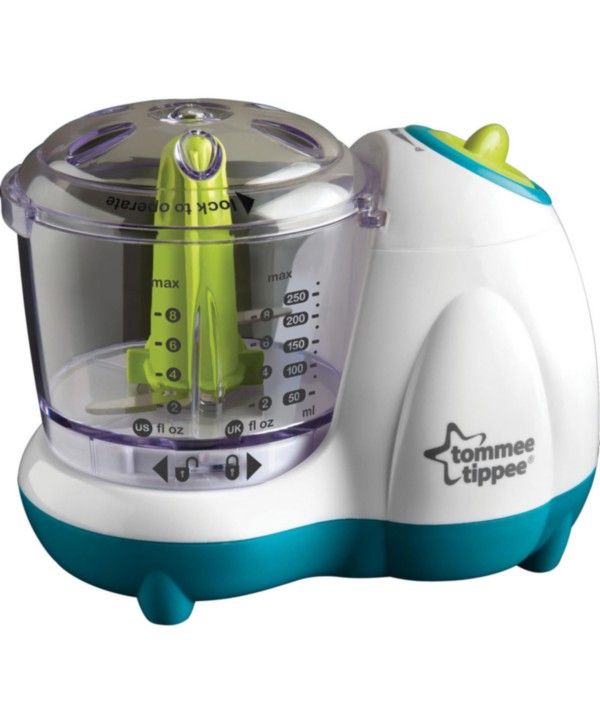I have to wake my baby for feeds
Sleep and Your Newborn (for Parents)
Newborns don't yet have a sense of day and night. They sleep around the clock, and because their tiny stomachs don't hold enough breast milk or formula to keep them satisfied for long, they wake often to eat — no matter what time of day or night it is.
How Long Will My Newborn Sleep?
Newborns should get 14–17 hours of sleep over a 24-hour period, says the National Sleep Foundation. Some newborns may sleep up to 18–19 hours a day.
Newborns wake every couple of hours to eat. Breastfed babies feed often, about every 2–3 hours. Bottle-fed babies tend to feed less often, about every 3–4 hours.
Newborns who sleep for longer stretches should be awakened to feed. Wake your baby every 3–4 hours to eat until he or she shows good weight gain, which usually happens within the first couple of weeks. After that, it's OK to let your baby sleep for longer periods of time at night.
The first months of a baby's life can be the hardest for parents, who might get up many times at night to tend to the baby. Each baby has a different sleep pattern. Some start to sleep "through the night" (for 5–6 hours at a time) by 2–3 months of age, but some don't.
How Should Babies Sleep?
During the first weeks of a baby's life, some parents choose to room-share. Room-sharing is when you place your baby's crib, portable crib, play yard, or bassinet in your own bedroom instead of in a separate nursery. This keeps baby nearby and helps with feeding, comforting, and monitoring at night. The American Academy of Pediatrics (AAP) recommends room-sharing without bed-sharing.
While room-sharing is safe, putting your infant to sleep in bed with you is not. Bed-sharing increases the risk of SIDS (sudden infant death syndrome) and other sleep-related deaths.
Follow these recommendations for a safe sleep environment for your little one:
- Always place your baby on their back to sleep, not on the stomach or side. The rate of SIDS has gone way down since the AAP began recommending this in 1992.

- Use a firm, flat sleep surface. Cover the mattress with a sheet that fits snugly.
- Do not put anything else in the crib or bassinet. Keep plush toys, pillows, blankets, unfitted sheets, quilts, comforters, sheepskins, and bumper pads out of your baby's sleep area.
- To avoid overheating, dress your baby for the room temperature and don't overbundle. Don't cover your baby's head while they're sleeping. Watch for signs of overheating, such as sweating or feeling hot to the touch.
- Keep your baby away from smokers. Secondhand smoke increases the risk of SIDS.
- Offer a pacifier to your baby at sleep time, but don’t force it. If the pacifier falls out during sleep, you don’t have to replace it. If you're breastfeeding, wait until breastfeeding is firmly established.
- Watch out for other hazards, such as items with cords, ties, or ribbons that can wrap around a baby's neck, and objects with any kind of sharp edge or corner. Look around for things that your baby can touch from a seated or standing position in the crib.
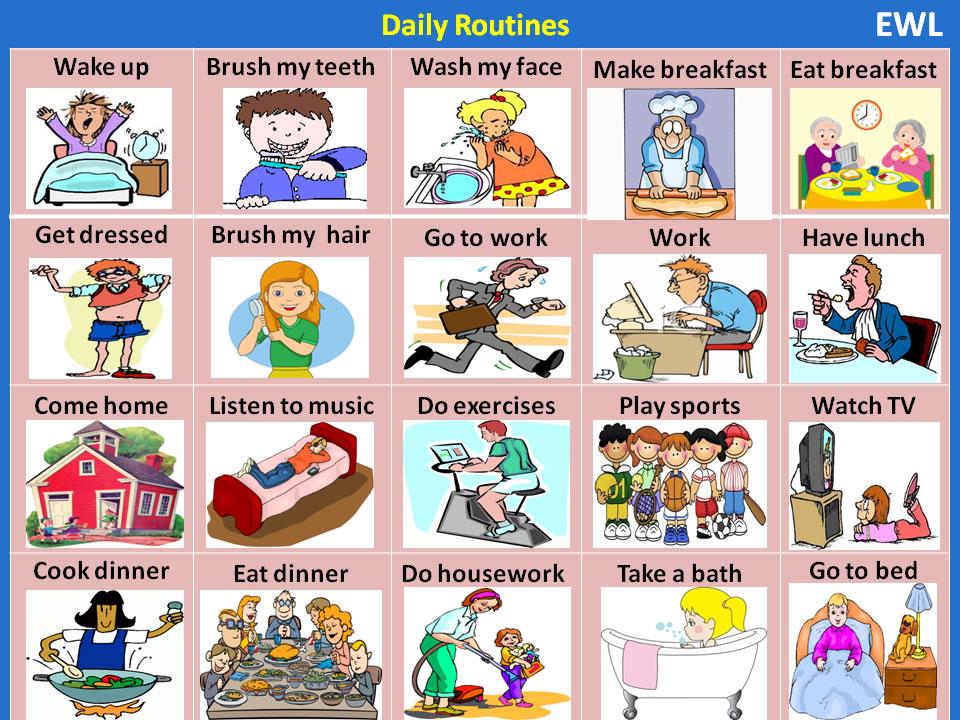 Hanging mobiles, wall hangings, pictures, draperies, and window blind cords could be harmful if they are within a baby's reach.
Hanging mobiles, wall hangings, pictures, draperies, and window blind cords could be harmful if they are within a baby's reach. - Don’t let your baby fall asleep on a product that isn’t specifically designed for sleeping babies, such as a sitting device (like a car seat), a feeding pillow (like the Boppy pillow), or an infant lounger (like the Dock-a-Tot, Podster, and Bummzie).
- Don’t use products or devices that claim to lower the risk of SIDS, such as sleep positioners (like wedges or incliners) or monitors that can detect a baby’s heart rate and breathing pattern. No known products can actually do this.
- Don’t use weighted blankets, sleepers, or swaddles on or around your baby.
- Make sure that all sleep surfaces and products you use to help your baby sleep have been approved by the U.S. Consumer Product Safety Commission (CPSC) and meet federal safety standards.
Helping Your Newborn Sleep
Newborns follow their own schedule. Over the next couple of weeks to months, you and your baby will begin to settle into a routine.
Over the next couple of weeks to months, you and your baby will begin to settle into a routine.
It may take a few weeks for your baby's brain to know the difference between night and day. Unfortunately, there are no tricks to speed this up, but it helps to keep things quiet and calm during middle-of-the-night feedings and diaper changes. Try to keep the lights low and resist the urge to play with or talk to your baby. This will send the message that nighttime is for sleeping. If possible, let your baby fall asleep in the crib at night so your little one learns that it's the place for sleep.
Don't try to keep your baby up during the day in the hopes that your little one will sleep better at night. Overly tired infants often have more trouble sleeping at night than those who've had enough sleep during the day.
If your newborn is fussy it's OK to rock, cuddle, and sing as your baby settles down. Swaddling (wrapping the baby in a light blanket) can also help to soothe a crying baby. If you swaddle your baby and they start trying to roll over, that is a sign that you can stop swaddling. For the first months of your baby's life, "spoiling" is definitely not a problem. In fact, newborns who are held or carried during the day tend to have less colic and fussiness.
If you swaddle your baby and they start trying to roll over, that is a sign that you can stop swaddling. For the first months of your baby's life, "spoiling" is definitely not a problem. In fact, newborns who are held or carried during the day tend to have less colic and fussiness.
When Should I Call the Doctor?
While most parents can expect their newborn to sleep or catnap a lot during the day, the range of what is normal is quite wide. If you have questions about your baby's sleep, talk with your doctor.
When You Need to Wake Your Newborn to Feed – bökee
December 22, 2020
A lot of what you read will tell you to feed your baby on demand. Meaning, follow their cues as they’ll let you know when they’re hungry (and they usually will)! But there are times when it is either necessary or helpful to wake a sleeping baby to feed them.
“Never wake a sleeping baby,” may seem like sound advice, but there are actually situations where waking your little one up is what’s best. Here we’ll cover when you’ll want to wake your newborn to feed them, how long you can let a newborn sleep without eating and the best way to go about waking your newborn when it’s time to eat.
Here we’ll cover when you’ll want to wake your newborn to feed them, how long you can let a newborn sleep without eating and the best way to go about waking your newborn when it’s time to eat.
Waking up your newborn is common practice for new parents to ensure they’re getting enough to eat. It’s also advised for breastfeeding mamas so that the baby is at the breast often enough for the body to know to keep producing more milk. In addition to feeding your baby every 3 hours (including waking them to do so) always be sure to keep tabs on other signs that your baby is getting enough to eat.
1.) When Your Doctor Advises It
Before we go over the top reasons why you’d want to wake your sleeping baby to feed them, we first want to remind you that what your doctor tells you trumps everything we say. If you are unsure about anything that’s going on with your baby, you need to contact your child’s pediatrician.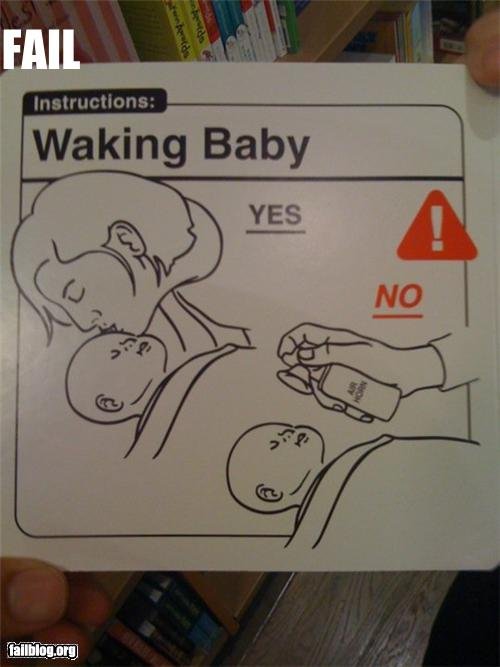 They will advise you on what’s best for your and your little’s unique situation - perhaps asking you to wake your baby more or less frequently than what is typically advised.
They will advise you on what’s best for your and your little’s unique situation - perhaps asking you to wake your baby more or less frequently than what is typically advised.
2.) Before Your Baby Has Regained His Birth Weight
Babies typically lose about 7 - 10% of their birth weight within the first few days of life, according to Kids Health. This is normal due to the extra fluid that a baby is carrying when they are born. At an average rate of 1-ounce in growth per day, a baby should have this regained by their two-week appointment. So until that time, it’s your job to give your baby all the calories they need to thrive and keep growing steadily as expected. By not letting your baby sleep longer than 3 hours at a time (yes, even at night) your baby has enough opportunities each day to get their calorie needs met to make this happen.
3.) To Establish Breastfeeding
Breastfeeding is all about supply and demand. When your baby demands it, your body produces it. In order for your body to keep getting the message that it needs to produce more milk, breastfeeding (or pumping as discussed here) around the clock is necessary to keep a steady milk supply for your little one. So be sure to wake that baby up to feed every 3 hours in those early weeks. Just remember, you can't nurse too often!
In order for your body to keep getting the message that it needs to produce more milk, breastfeeding (or pumping as discussed here) around the clock is necessary to keep a steady milk supply for your little one. So be sure to wake that baby up to feed every 3 hours in those early weeks. Just remember, you can't nurse too often!
The advice to wake a baby for the above reasons doesn’t mean we are suggesting putting your baby on a schedule (such as feeding every 3 hours no matter what.) You should still be feeding your baby on demand and when they show hunger cues! La Leche League writes, “Scheduling feedings for a baby who is exclusively nursing frequently throughout the day and night, especially during the first six weeks has been correlated with slow weight gain.”
Just know that this may end up being a lot sooner than every 3 hours with more than 8 - 12 feeds in a day. When your baby shows they’re hungry, feed them!
Instead, the advice is that you shouldn’t let your newborn baby go longer than 3 hours between feedings which means if your baby keeps sleeping past that mark, you need to wake them up to eat. As your baby grows, so does this amount of time.
As your baby grows, so does this amount of time.
How long you can let your baby go between feeds depends on a variety of factors. Here are some to consider:
1.) Your baby’s age. Full-term babies who are younger than two weeks should be fed every 3 hours until breastfeeding is established and they’ve regained their birth weight. A baby under six weeks should not sleep longer than 4-5 hour stretches. Of course, if you’ve been given the all clear from your doctor to let your baby sleep longer, then that is the advice to take. If you have a preemie baby or other concerns, we advise you to reach out to your doctor to see how long you should let your baby go between feeds.
2.) Your baby’s weight gain. In the hospital the nurse will most likely have you feed your baby every 3 hours. This is also the guideline they give you when they send you home with your new little one. Until your baby’s 2-week check-up, this is ideally what you’ll want to follow which is when they’ll be able to determine if your baby is gaining weight at the desired rate. Getting to this point is a huge milestone for a baby and also for you in knowing you can let your baby go for longer stretches of sleep (about 4 - 5 hours) now that they’re getting nice and chubby. Weight measurements will continue to be “taken throughout your baby’s first year, and if baby is struggling to put on enough weight again, the doctor may advise you to feed more often again.
Getting to this point is a huge milestone for a baby and also for you in knowing you can let your baby go for longer stretches of sleep (about 4 - 5 hours) now that they’re getting nice and chubby. Weight measurements will continue to be “taken throughout your baby’s first year, and if baby is struggling to put on enough weight again, the doctor may advise you to feed more often again.
3.) Whether you’re breastfeeding or formula feeding. Babies who are formula-fed can usually go longer stretches between feeds than breastfed babies can. This is because breastmilk is digested more quickly than formula. However, you still need to follow the "feed every three hours" rule until your doctor has given the go ahead for longer stretches. After that, letting a formula-fed baby go a bit longer than a breastfed baby between feeds is normal (provided they have enough wet diapers and are gaining weight well.)
RELATED: The Best Way to Feed Your Baby Formula at Night
How do I wake my newborn to feed?
Newborns are sleepy little humans. Which means it may not be as easy as you’d think to wake them up when it’s time for them to eat (especially in the middle of the night). Here are some tips to help them out to ensure they are alert enough to feed and get that tummy nice and full.
Which means it may not be as easy as you’d think to wake them up when it’s time for them to eat (especially in the middle of the night). Here are some tips to help them out to ensure they are alert enough to feed and get that tummy nice and full.
Undress them down to their diaper. The chill of the air is often enough to wake a baby enough to eat. You can put a blanket around them to keep them warm enough once they begin to feed.
Use a cool washcloth on their face or body. Similarly, the coolness of a wet washcloth provides a great little wake-up call. I always felt a bit guilty doing this with my babies though.
Wake your baby when they’re in a light sleep. If you see your baby’s eyelids fluttering or moving around (even slightly) this is a good time to try to arouse them for their feeding.
Talk to your baby as you feed to keep them awake. Just a bit of sound might be all they need to wake.
Rub your nipple (or bottle nipple) against your baby’s mouth.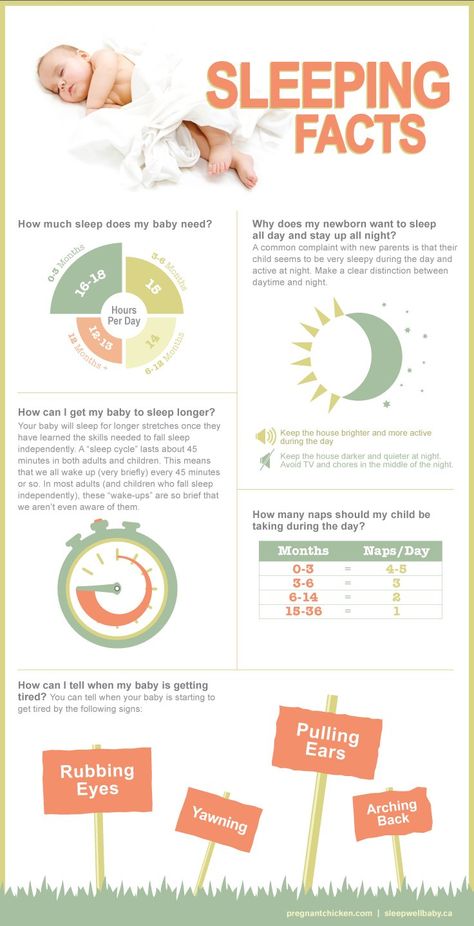 This will alert your baby that it’s time to eat (try getting a few drops of colostrum or milk to touch his lips, too).
This will alert your baby that it’s time to eat (try getting a few drops of colostrum or milk to touch his lips, too).
Switch sides or move your baby if they nod off. If you see your baby start to fall asleep, give them a break and put them upright to wake her up a bit. Then you can continue feeding again.
Other Times You May Wake Your BabyPro Tip: If you aren't breastfeeding and need to prepare bottles for those nighttime feeds (from formula or pumped milk) we recommend always having a bökee to get them ready. Even though you need to wake your baby to feed them, most of the time they'll wake on their own. At that point you'll need to prepare a bottle one-handed and the bökee is perfect for that. (Use BLOG15 to save 15%)
Waking your baby every three hours to eat in the early weeks is imperative to help them grow and thrive. But there are many other reasons why you might decide to wake your baby:
- For a dirty diaper.
 You don’t need to worry about waking your baby for a wet diaper, if it doesn’t bother them, don’t let it bother you. Poop is a different story. Many babies will wake from this anyway, but if you do smell poop, you’ll want to change them soon. It they’re in the middle of a nap and you know they’ll be up in a bit, there’s no need to wake them prematurely, but if it’s the middle of the night, you’ll need to get them a fresh diaper (a calm change in the dark is your best bet here.) This will keep the chances of diaper rash down.
You don’t need to worry about waking your baby for a wet diaper, if it doesn’t bother them, don’t let it bother you. Poop is a different story. Many babies will wake from this anyway, but if you do smell poop, you’ll want to change them soon. It they’re in the middle of a nap and you know they’ll be up in a bit, there’s no need to wake them prematurely, but if it’s the middle of the night, you’ll need to get them a fresh diaper (a calm change in the dark is your best bet here.) This will keep the chances of diaper rash down. - When it’s getting too close to bedtime. This article explains how long a baby’s last nap of the day should be as well as how much time to keep between the last nap and bedtime (depending on age). If your baby’s nap is edging to close to bedtime where they won’t have enough time in between to be sleepy before bedtime, it’s a good idea to cut that last nap short with a wake-up.
- To prevent too long of naps. One major reason that babies wake frequently in the middle of the night or don’t seem tired is because they have their days and nights mixed up.
 If you let your baby take too long of naps, they naturally won’t be ready to sleep as much or for as long as stretches at night. As a rule of thumb, don’t let your newborn sleep longer than 3 hours at a stretch during daytime sleep, and closer to 2-2.5 hours is plenty at a time for an older baby.
If you let your baby take too long of naps, they naturally won’t be ready to sleep as much or for as long as stretches at night. As a rule of thumb, don’t let your newborn sleep longer than 3 hours at a stretch during daytime sleep, and closer to 2-2.5 hours is plenty at a time for an older baby. - For the Dream Feed. Once your baby is past the earliest few weeks and your doctor has given you the go ahead to let your baby sleep in longer stretches, adding in a dream feed is a good idea. In order to do this, you will have to wake up your baby just enough for them to eat. Then you’ll put them right back down to sleep. The dream feed is something you can do to allow yourself more sleep when you head off to bed. For example - instead of feeding your baby at 7 (when they go to sleep) and midnight, you can feed them at 10 and 3 - allowing yourself a better stretch of sleep in the process.
Those early days with a newborn are tough, there is no denying that.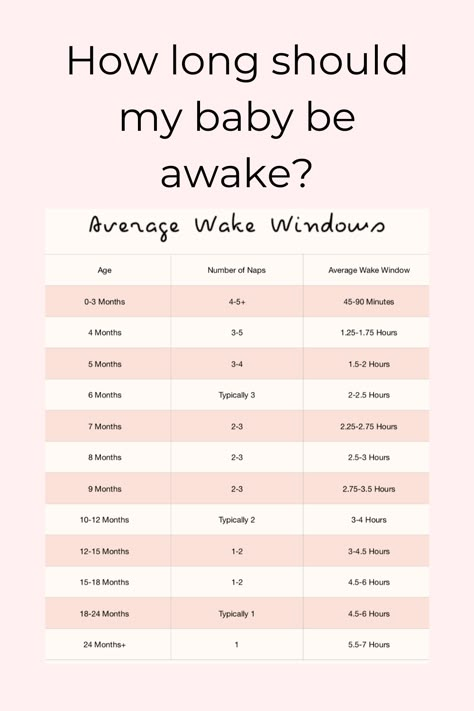 And when you’re already so exhausted it can be tough to rouse your own self to wake your sleeping little one. But keep reminding yourself that it’s temporary, and that as the weeks go on and your doctor keeps giving you the green light, you’ll be able to let your baby sleep to their heart’s content and feed them when they "demand" it.
And when you’re already so exhausted it can be tough to rouse your own self to wake your sleeping little one. But keep reminding yourself that it’s temporary, and that as the weeks go on and your doctor keeps giving you the green light, you’ll be able to let your baby sleep to their heart’s content and feed them when they "demand" it.
Jane Springston
Older Post
Newer Post
Age verification
By clicking enter you are verifying that you are old enough to consume alcohol.
Enter
How to wake up a baby for feeding and whether it is necessary to wake up a baby in the afternoon
05/29/2020
95
For any parent, the question of whether to wake up the baby is not easy. On the one hand, there are fears that a child who has been sleeping for a long time will not be able to fall asleep later, and on the other hand, how to raise such an angel who has been put to bed for so long. ..
..
so that his sleep is not affected.
Let's start with the smallest children. You've probably heard the phrase "never wake a sleeping baby." But it is not always fair. Some newborn babies wake up on their own for feedings, while others need to be awakened. Whether or not you need to wake your baby depends on their age, weight, and overall health.
The American Academy of Pediatrics recommends waking your baby for feedings if he sleeps more than 4 hours in the first two weeks of life. On average, a baby needs feeding every 2-3 hours.
Frequent feeding is very important for several reasons:
- The baby's stomach is very small, the baby quickly digests breast milk. Faster than a mix. Therefore, physiologically, the child necessarily needs frequent feedings every 2-3 hours.
- Babies can sometimes sleep even when hungry, thus malnourished, which affects their development.
- After birth, the baby loses 5-10% of its body weight.
 And in the first weeks he needs to gain weight. Lack of milk or formula slows down this process.
And in the first weeks he needs to gain weight. Lack of milk or formula slows down this process. - A short interval between feedings helps to maintain lactation. That allows you to avoid problems with a lack of milk in the future.
Tears already signal strong hunger. Therefore, it is better to breastfeed the baby before the baby starts crying. Learn to recognize the early signs of hunger: the baby puts his hand in his mouth, smacks his lips, tossing and turning when he sleeps.
Should the baby be woken up to feed during the day? In general, if an infant sleeps for more than 3 hours in one dream during daylight hours, he must be awakened. Then the mother can feed the already awakened baby. This makes it possible to adjust the work of the biological rhythms of the baby.
How to Wake Up
- Help your child gradually fall asleep by stroking their arms, legs or lightly tickling them.
- Change diaper. Often this is enough for the baby to wake up and be ready to eat.

- Undress and place skin to skin on your chest. You can squeeze a few drops of milk onto your baby's mouth. He will smell and taste it and begin to suck on the breast.
- Speak - he will hear your voice and wake up.
- Do not turn on bright lights. A dim light is sufficient. The bright light will blind your eyes.
- If the baby has attached to the breast but has not begun to suckle, stroke his cheek.
How long to feed
As soon as the baby wakes up and starts to eat, make sure that the feeding is long enough to empty at least one breast. So we will know that he ate hind milk, which is necessary for the growth of the child's body. Some babies take 45 minutes or more to feed one breast, and some do it in 10 minutes.
The sucking reflex promotes falling asleep. Therefore, make sure that the baby does not fall asleep while feeding. If he falls asleep, change position, lift him up to burp, and then start feeding again.
By 6 months you will have a more or less predictable eating schedule.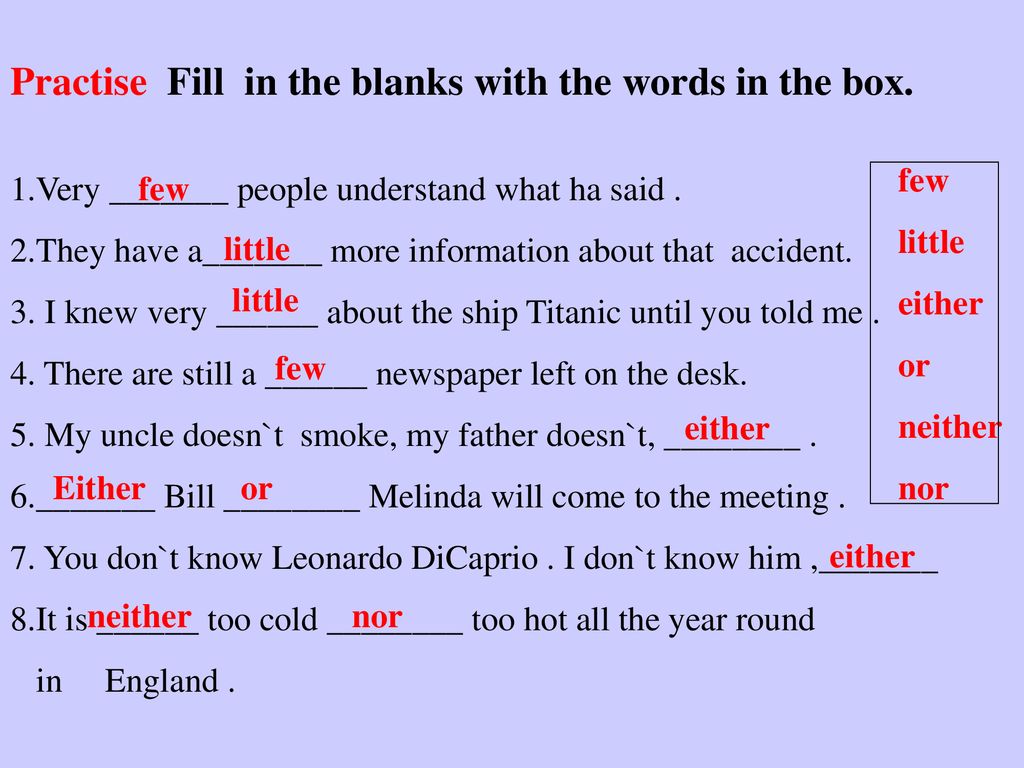 But each baby will have his own. Some of the children eat every 2 hours, and someone is able to stay without food for 3-4 hours by the second month of life. This is especially true for children who are formula fed.
But each baby will have his own. Some of the children eat every 2 hours, and someone is able to stay without food for 3-4 hours by the second month of life. This is especially true for children who are formula fed.
The length of time between feedings increases as the child grows older. By the age of six months, many babies can already go without supplements at night or are able to sleep for longer periods.
If a child wakes up too often after 6 months and asks for food at night, perhaps this is no longer hunger, but a way to relax and fall asleep.
Avoid using a pacifier in the first weeks after delivery. The pacifier helps the child to calm down and prolong sleep. So you may not notice that your baby is hungry. Therefore, start using a pacifier no earlier than 4-6 weeks and when you are lactating.
Should the baby be woken up to feed formula? As with breastfeeding, the newborn needs frequent formula feeding. But the interval will be more than 3-4 hours.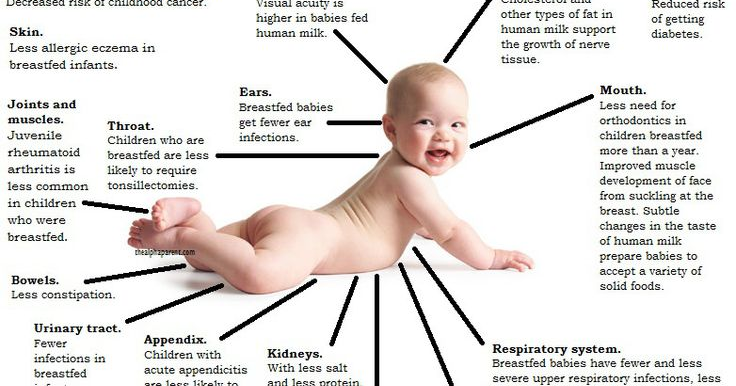
When it is necessary to wake up the child
It is important to wake up the baby in the morning if he has fallen asleep later than 7.00. This is especially true for children who still sleep 1-2-3 times during the day and have already developed a relatively stable routine. So you create the perfect routine in the morning.
After waking up, children need time to work up their fatigue for their next nap, the ideal window for which is around 9 and 1 pm (depending on age).
Therefore, if the baby slept until 8 am, he simply will not be able to fall asleep in his first daytime sleep.
In order for the baby to wake up calmly without tears, you can enter a wake-up ritual. It allows the child to smoothly transition from a sleepy state to wakefulness.
Example of a wake-up ritual:
- Open curtains/turn on lights
- Welcome words and a kiss
- Snacks, nursery rhymes after sleep
- Happy song
Then you can get up and start breakfast.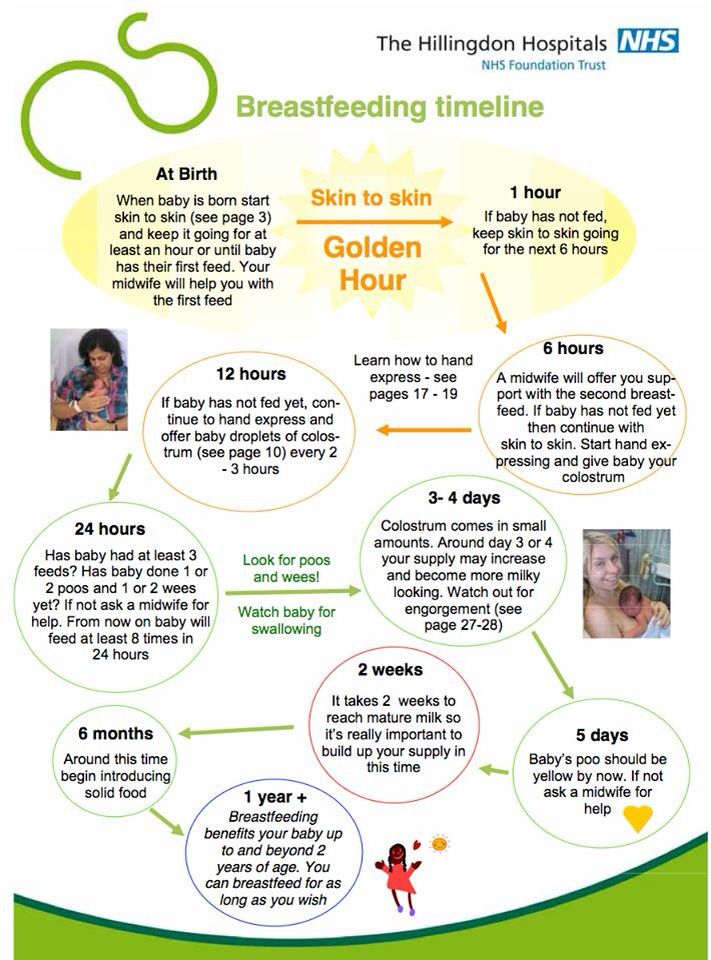 For older children, such a ritual is also necessary.
For older children, such a ritual is also necessary.
The awakening ritual has different purposes:
- Marks the end of sleep,
- Teaches a child that everyday sounds are not a reason to wake up,
- Helps prevent baby from crying when waking up.
It will also be useful to have a light alarm. If the baby wakes up early, he will stay in bed until he sees the light on the clock.
When to wake your baby up after a nap
Many babies from 4 to 8 months sleep three times a day.
In this mode, it is important to wake up the baby after the third nap no later than 17.00. The duration of this segment is about 45 minutes, but not more than an hour. Then you can easily put the baby to bed by 19 o'clock.
Transition to one nap
At the age of 15-18 months there is a transition to one nap. It can be long and take place in different ways.
For example:
In the morning, the baby falls asleep easily and sleeps up to 2 hours. But then it is difficult to put it in lunch. And by the evening without rest at lunchtime, he is already overworked and falls asleep with difficulty.
But then it is difficult to put it in lunch. And by the evening without rest at lunchtime, he is already overworked and falls asleep with difficulty.
So if this is your case, you can pick up the baby after 60-75 minutes. At the same time, move the start of the second sleep 15 minutes later. But if the baby sleeps for 1 hour in the morning and then it’s already difficult to fall asleep a second time, start putting him down only at lunchtime.
One nap after 2 years
Between 2.5-5 years, naps may disappear. Here again, the story described above is often repeated. It seems that the child falls asleep perfectly during the day, sleeps for a long time, but in the evening, laying down is delayed until 10-11 pm. The problem is that getting up early in the morning to the garden usually does not allow you to sleep the necessary 10-11 hours per night. And again, you will have to gradually limit the duration of daytime rest. Wake your baby up after 60 minutes first, then skip the daytime so your baby sleeps better at night.
Keep an eye on your baby while doing this. If he is calm in the evening and falls asleep easily, and wakes up later than 6 o'clock in the morning in a good mood, then you are doing everything correctly.
If you notice excessive moodiness in the late afternoon or regular awakenings too early, then it is worth giving the baby more time to rest at lunchtime.
Like this article? Rate:
Votes: 93
Should I wake my baby to feed
In the first month of life, a newborn baby spends more than 20 hours a day on sleep, and the rest of the time on getting food. Often the baby falls asleep during feeding or sleeps too deeply and for a long time, shifting the meal schedule. How to organize sleep and feeding for a newborn baby?
Contents
Many pediatricians (especially older ones) recommend feeding your baby every 2-3 hours. When it comes to night feedings, doctors often insist that a new mother wake up her baby when he sleeps for a long time. Although in reality, not everything is so simple.
Although in reality, not everything is so simple.
Is it necessary to wake up a newborn for feeding
It is generally accepted that a long sleep of a newborn is right and good. A sleeping baby gives mom an opportunity to do household chores, take time for herself, just relax.
But a newborn, according to WHO pediatricians, cannot sleep for more than five hours: a child's sleep lasting more than five hours in a row can do as much harm as its absence. This is especially true for premature babies or children who are not gaining weight well. To gain sufficient body weight, the child must eat well. A strict sleep and feeding regimen is not suitable for all babies, but an individual (mixed) feeding schedule will be comfortable for both mother and baby. Such a regimen with breaks between feedings of no more than 3.5-4 hours will help to establish lactation in the mother and ensure satiety for the baby. Frequent attachment of the baby to the breast will ensure a rush of a sufficient amount of milk, and will also become a prevention of mastitis.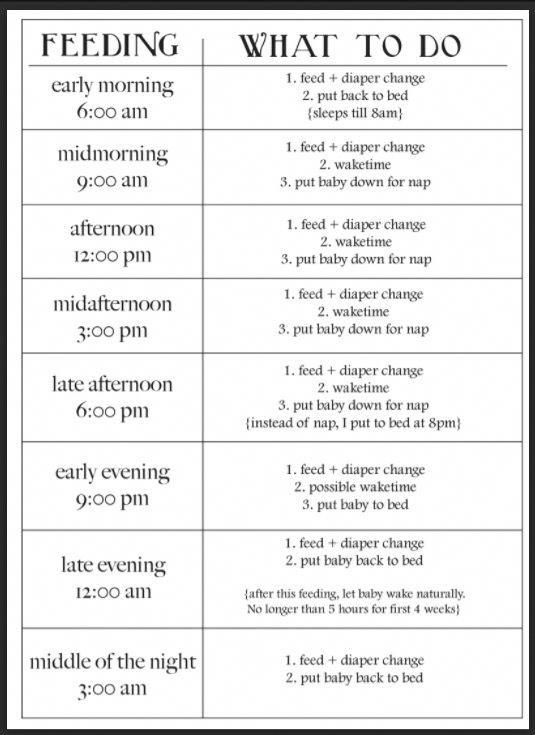
Just a few years ago, pediatricians advised mothers to feed their children strictly at regular intervals. The time span was 2-3 hours. After research, scientists have found that newborns should be fed on demand. But many parents have learned from their own experience that it is better to use a mixed mode for feeding. It consists in feeding the baby on demand, but the interval between feedings should not exceed 4 hours.
Long intervals between feedings while breastfeeding can negatively affect both baby and mother:
- In newborns, long intervals between meals can cause dehydration, as well as a drop in sugar levels;
- In a mother, a break can cause milk stasis and a decrease in lactation.
When deciding whether to wake a breastfeeding baby for a feed, you must consider several factors.
Age
If a newborn sleeps for more than 3 hours, this is a reason to think and contact a pediatrician. In the meantime, it’s better to wake him up so that the baby eats, because in the first month of life, a long break between meals will almost certainly negatively affect the condition of the baby.
In the meantime, it’s better to wake him up so that the baby eats, because in the first month of life, a long break between meals will almost certainly negatively affect the condition of the baby.
In older children, the interval between feedings increases and is 4 hours. If your baby wakes up a little while feeding on demand, don't worry. The baby will wake up on his own when his body needs it.
In infants on IV and children who are gradually being put on a clock schedule, these temporary disruptions to the schedule need to be corrected. If the time for feeding has come, and the baby is sleeping, you should wait 10-15 minutes, and then gently wake the baby.
Starting from the 2nd month of a baby's life, you can not worry if he wakes up during the night feeding and the regime shifts slightly. The older the baby becomes, the less often he will wake up in the dark.
Weight
When deciding whether or not to wake the baby, you will also need to consider the baby's weight.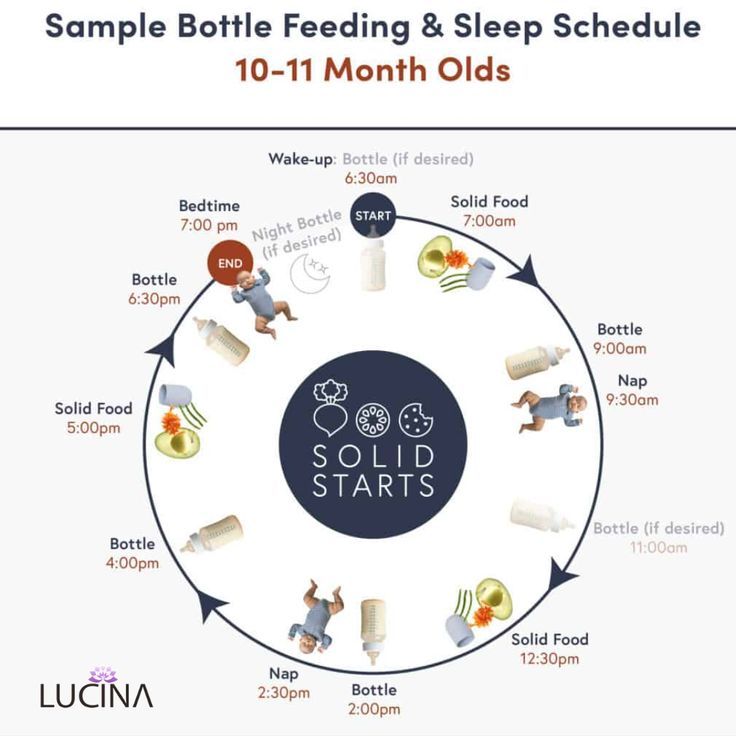
- Premature babies and babies who are not gaining weight should always be woken up for feedings, as longer intervals can further weaken them and worsen the condition.
- If your baby is gaining weight well, sometimes you can let the baby sleep longer. The child himself will wake up when his body rests, or he feels hungry.
[sc name=”ads” ]
State of health
- If your baby was born prematurely and is very weak, you will need to wake up on an alarm at first and feed the baby by the hour. Newborns need to eat every three hours. This regimen will be temporary until the child gets stronger and gets used to this schedule. Gradually, with an increase in the amount of milk drunk, the intervals between feedings will increase.
- A baby who has a cold with a fever should be given the opportunity to sleep a little, because it is known that sleep heals. All the forces of the body are now focused on fighting the infection, so it is better not to disturb the child when he is resting.

When to wake up a newborn
- During an examination by a health visitor or a doctor - every mother should be prepared for such obligatory wake-up calls;
- To comply with the feeding regime: between meals should not allow breaks of more than four hours;
- If the mother has to leave for a long time, then it is better to wake the child and feed before leaving;
- If the family is going to travel, then the baby should be awakened in advance, fed and prepared in the normal way for a future trip;
- Often, the drowsiness of the baby is a reaction to the medications taken by the mother - such a dream of the baby should be interrupted for mandatory feeding so as not to disturb the sleep and wakefulness regimen;
- If the baby sleeps unusually long and misses the prescribed feedings, you need to take a closer look at him: check the temperature and breathing.
How to wake up
To wake up a newborn baby, parents should use gentle but effective methods. If the manipulation is done incorrectly, then there is a risk of scaring the baby. The baby should move from the sleep phase to the wakeful phase comfortably so that his nervous system does not suffer from the unsuccessful actions of adults.
If the manipulation is done incorrectly, then there is a risk of scaring the baby. The baby should move from the sleep phase to the wakeful phase comfortably so that his nervous system does not suffer from the unsuccessful actions of adults.
- Dim lighting is considered the most suitable for awakening. Bright light can frighten the baby and cause him to cry.
- Pediatricians advise waking up the baby when he is in the active phase of sleep. It can be determined by the characteristic motor activity - the baby slightly twitches his arms and legs, smiles in his sleep, his eyelids and lips tremble. This period of sleep is superficial, so it is much easier for a child to get out of it than from a deep phase of sleep. If the baby is sleeping soundly, and when you raise his handle up, he does not react in any way, then his sleep is in a deep phase. It is not recommended to wake the baby at such a moment. In order not to frighten the baby, it is better to wait a bit. The deep phase lasts no longer than 20-30 minutes.

- Call the baby by name in a quiet, calm voice, without changing intonation. The calmness of the mother is transferred to the baby.
- Tactile contact also contributes to a soft awakening: the child can be stroked on the arms, head and body, gently tickle the heel, slightly move the arms and legs. You can speed up the process by taking the baby in your arms: contact with the mother will not let the baby get scared, but a change in position and the closeness of a loved one will drive away sleep.
- A sleeping wrapped or swaddled baby should be freed from blankets, diapers and top layers of clothing: lowering the temperature will also help the baby move into the waking stage as easily as possible.
- After waking up, it is important not to let the baby close his eyes again, distracting him from drowsiness by talking, soft strokes, habitual actions (for example, changing a diaper).
A month after birth, the baby and his mother find their own individual regimen, which allows you to make the processes of feeding, sleeping and waking up as comfortable as possible for both parties.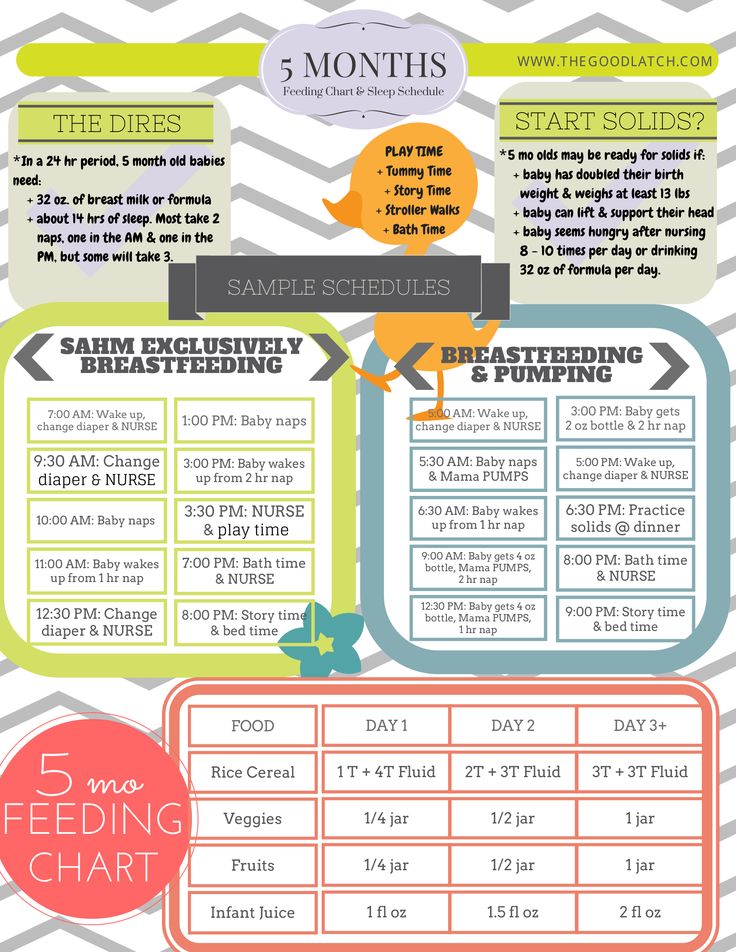 Make sure the baby is fully awake before putting the baby to the breast. Talk to the newborn, change his clothes, change his diaper, play with him. Often the baby at the breast begins to fall asleep, because the closeness of the mother and the warmth of the breast for the child is an island of stability. You can distract a newborn from sleep by active actions: stroke him on the head and cheeks, talk to him, hold hands.
Make sure the baby is fully awake before putting the baby to the breast. Talk to the newborn, change his clothes, change his diaper, play with him. Often the baby at the breast begins to fall asleep, because the closeness of the mother and the warmth of the breast for the child is an island of stability. You can distract a newborn from sleep by active actions: stroke him on the head and cheeks, talk to him, hold hands.
Is it worth waking up the baby for a night feed
The maximum allowable break between feedings should not exceed four hours, so all parents have to wake up the baby for feeding at night. Night feedings are necessary to improve the digestion process, since regular food intake for newborns ensures the normal functioning of the intestines and stomach.
It is night milk (produced by a young mother from 3 am to 8 am) that is considered the most nutritious for the baby. Feeding a newborn at night is important for the full development of his body. This is especially true for premature or weakly gaining weight children. Even if the baby does not wake up to feed at night on his own, which often happens with premature babies (weak or premature babies may not wake up at night because their hunger is slightly weaker. Such babies need to be woken up) or babies sleeping separately from their mother, then they should be woken up and apply to the chest. Attaching the baby to the breast at night stimulates lactation, maintaining the amount of milk in the volume necessary for the child.
Even if the baby does not wake up to feed at night on his own, which often happens with premature babies (weak or premature babies may not wake up at night because their hunger is slightly weaker. Such babies need to be woken up) or babies sleeping separately from their mother, then they should be woken up and apply to the chest. Attaching the baby to the breast at night stimulates lactation, maintaining the amount of milk in the volume necessary for the child.
A healthy baby up to six months of age needs several meals at night. As the child grows older, the number of feedings will decrease.
Read also: Pluses of night breastfeeding
Baby fell asleep during feeding: actions of parents
Which of the young mothers did not fall asleep during feeding? Inexperienced parents can upset the baby's daily routine by being afraid to wake him up or by waking him up too abruptly. So that the mother does not have to wake up the baby who fell asleep while eating, pediatricians advise following these recommendations:0003
[sc name="rsa" ]
- talk to your baby in a soft, calm voice while feeding to keep him awake;
- so that the baby does not fall asleep, he should not be wrapped up or dressed in several layers of clothing: a light vest and sliders, a “man” or bodysuit without blankets and diapers is the best option for eating;
- if the baby starts to fall asleep, stroking the baby's forehead over the eyebrows will help keep him awake;
- no less effective way to fight falling asleep is to change the position of the body or change the breast during feeding: if you hold the baby by the handles, he will be distracted from sleep.

Changing breasts can be a problem for the mother: as a rule, the baby has enough milk from one breast to saturate. In this case, he will drink only foremilk and poorly dissolve the seals in the mammary gland. In order to avoid stagnation and the appearance of seals, the mother needs to monitor the condition of the mammary glands.
Pediatricians note that the right sleep schedule and feeding frequency for a particular baby guarantee not only physical health, but also peace of mind for the child.
Newborn feeding: where to start?
For a newborn baby, feeding is the most important process that lays the foundation for future health, guaranteeing active growth and development. That is why parents have to ensure the regularity of meals. What steps should be taken to make feeding as natural and comfortable as possible for both the baby and the mother?
- Hands and breasts of a nursing mother should be washed with plain laundry soap, bottles and nipples (in case of artificial feeding) should be disinfected: this will reduce the risk of thrush in the baby's mouth.

- If you feed lying down, then take care of a fresh diaper on the bed - cleanliness is the key to health.
- A comfortable posture will make the whole process easier and more comfortable for both parties. Each mother is free to choose the position on her own, taking into account her needs and the wishes of the baby. Among the most preferred are the classic options - sitting and lying down (positions for breastfeeding).
- Proper latch on the nipple guarantees active and productive sucking that is not a problem for both mother and baby. With an incorrect grip on the nipple, the baby eats with difficulty, making additional efforts, quickly gets tired and begins to act up. In this case, the mother's breast suffers even more: cracks are likely to appear, as well as stagnation of milk due to inactive sucking. The basics of breastfeeding a young mother should be taught in the maternity hospital (midwife or doctor), since the success of all breastfeeding (how to breastfeed) depends on the first steps.

- If the baby falls asleep within a few minutes of feeding, try waking him up to continue eating. If the child immediately falls asleep soundly, then feeding can be postponed.
Conclusion
- Premature or debilitated baby. When a newborn is born prematurely and/or has a fairly small weight, he may not wake up for feeding due to lack of strength. In this case, it is really necessary to wake up the baby, it is even possible to do this more often than once every 2-3 hours. Otherwise, he will gain weight very slowly.
- In the case of a healthy strong child, everything is different. Here it is better for mom to focus on her instinct and intuition than on the advice of others. Each child is individual. Someone regularly wakes up every two hours to eat. And someone from birth sleeps at night for 6-8 hours. It is not worth waking up the baby for feeding if: he is gaining weight well, the mother has enough milk. If these two conditions are met, there is no need to worry.
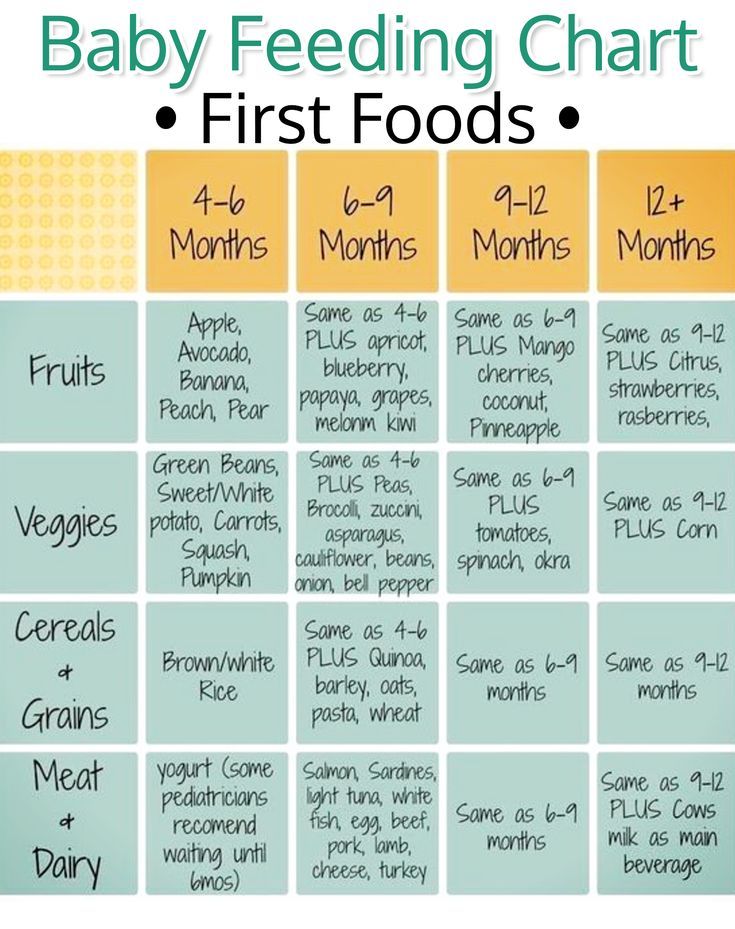 Here you can only be glad that the young mother has the opportunity to sleep and recover after childbirth. This is much more important than following the formal rule of feeding the baby every 2-3 hours.
Here you can only be glad that the young mother has the opportunity to sleep and recover after childbirth. This is much more important than following the formal rule of feeding the baby every 2-3 hours. - An infant's weight gain must be assessed not by their subjective feelings (“he eats little and does not grow at all”), but by objective parameters - how many grams the child has added, how many centimeters he has grown (table: height - weight of the child up to a year) . In this case, it is necessary to evaluate a sufficiently long period of time - a month or at least a week. If the child really does not change much in weight over time and at the same time practically does not eat at night, you can try to wake him up. However, do not go to extremes: if you regularly wake up the baby, but he still does not take the breast and falls asleep again, do not force him to wake up. A hungry child will definitely eat. Otherwise, you simply run the risk of knocking down the child's natural sleep and wakefulness patterns.

- When a new mother does not have enough milk, breastfeeding experts recommend increasing the frequency of feedings. It is especially important to put the baby to the breast at night. It is during the dark hours of the day when a baby suckles the breast in the mother's body that a hormone is produced that affects the amount of breast milk that is produced the next day. Therefore, if you have difficulty with lactation, and the baby sleeps all night without waking up, you should wake him up and apply to the breast as often as possible.
We also read:
- TOP-100 useful tips for nursing mothers
- Fundamental advice for nursing mothers about breastfeeding
Mom's opinion: sleep or food
Is it necessary to wake the baby for feeding? No no need! Believe me, the first thing you will know is that the child is hungry. Now all the leading pediatricians are inclined to believe that it is not necessary to wake the child for feeding.